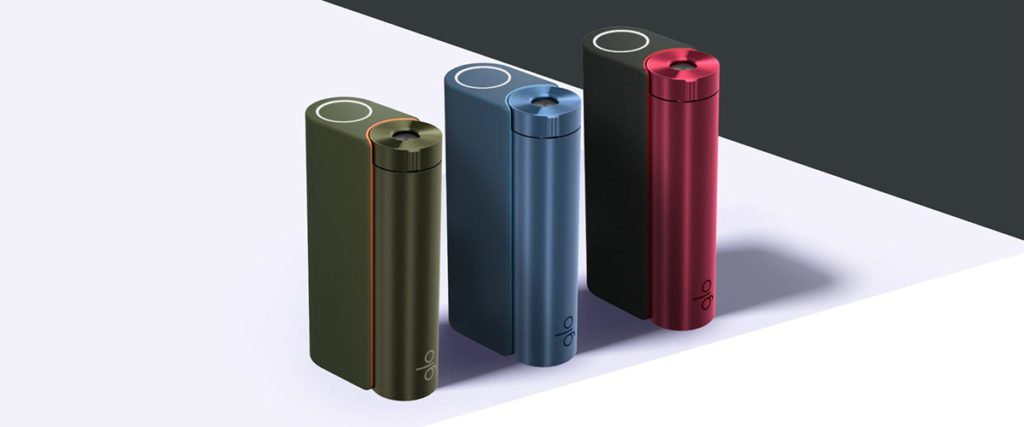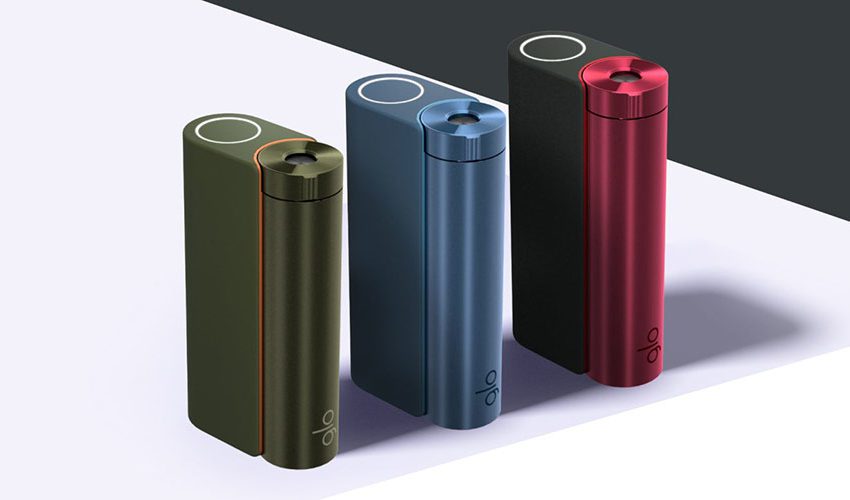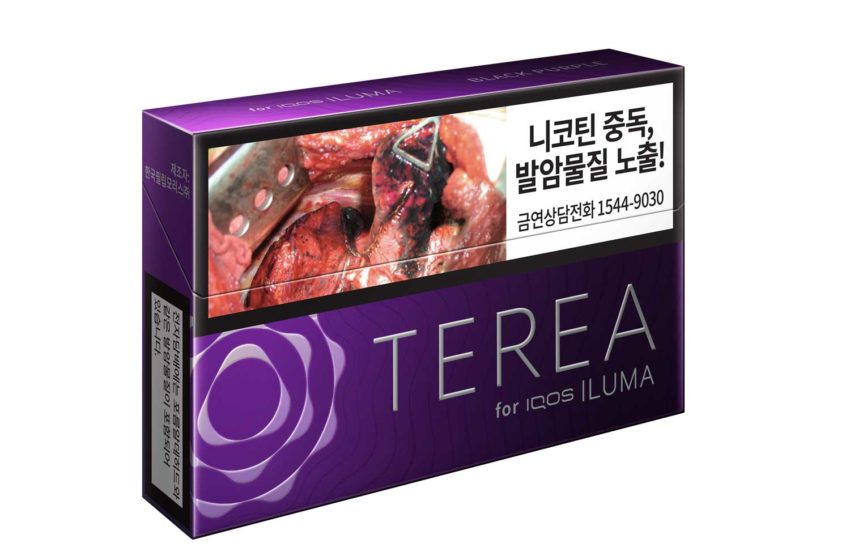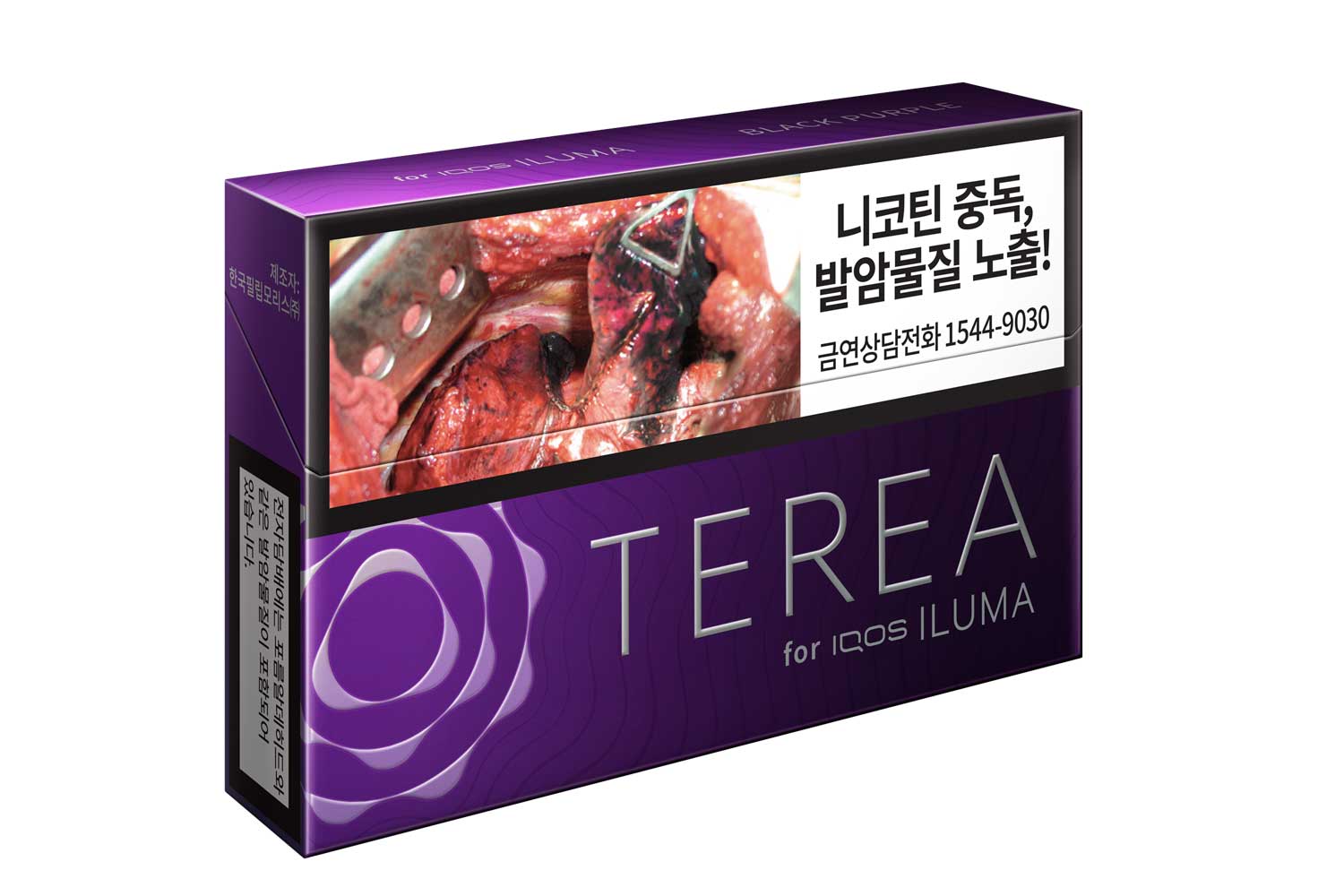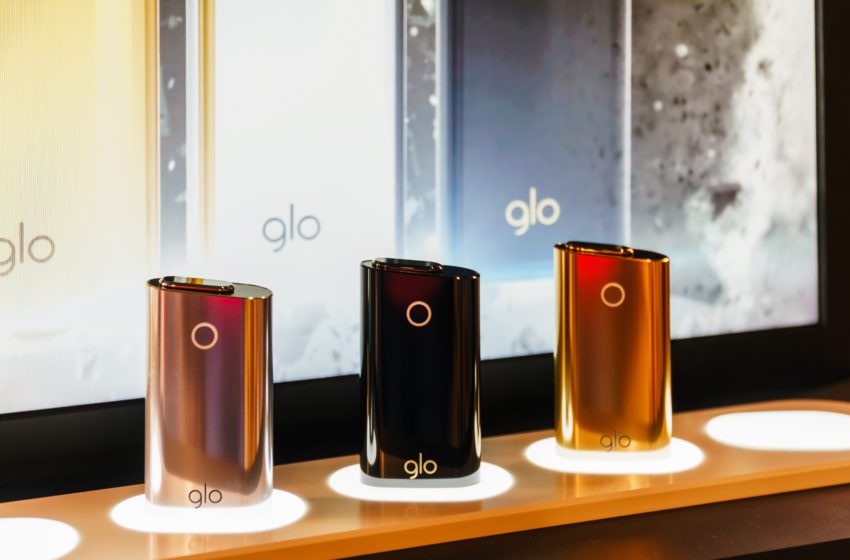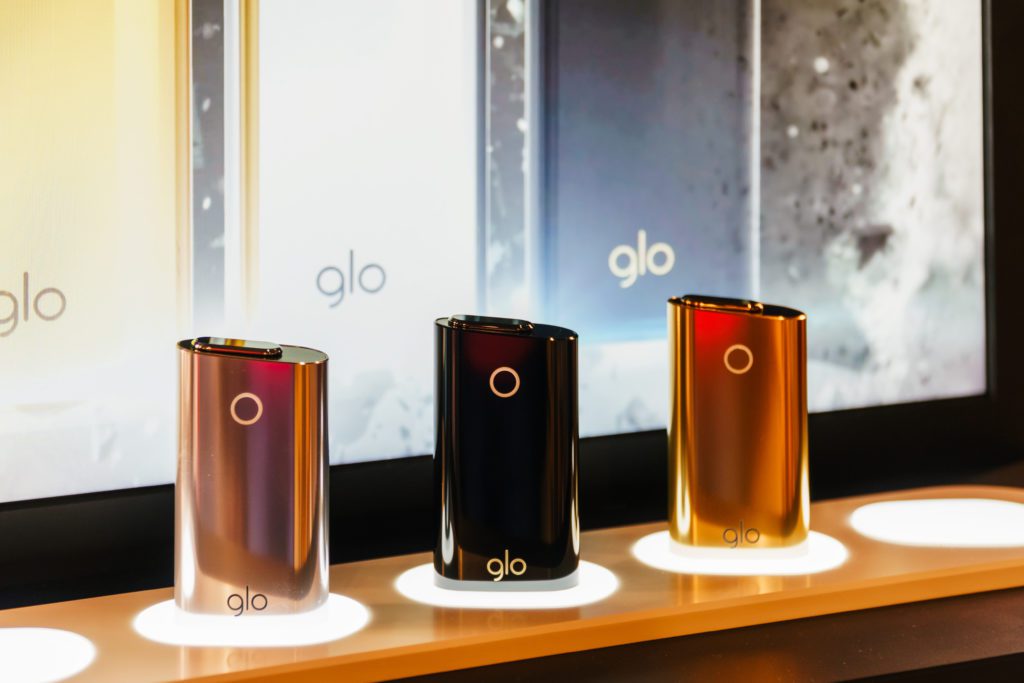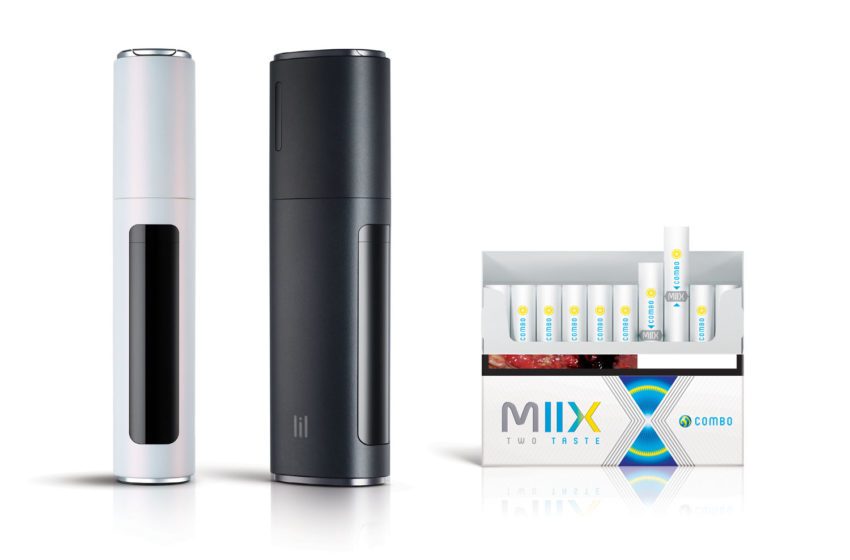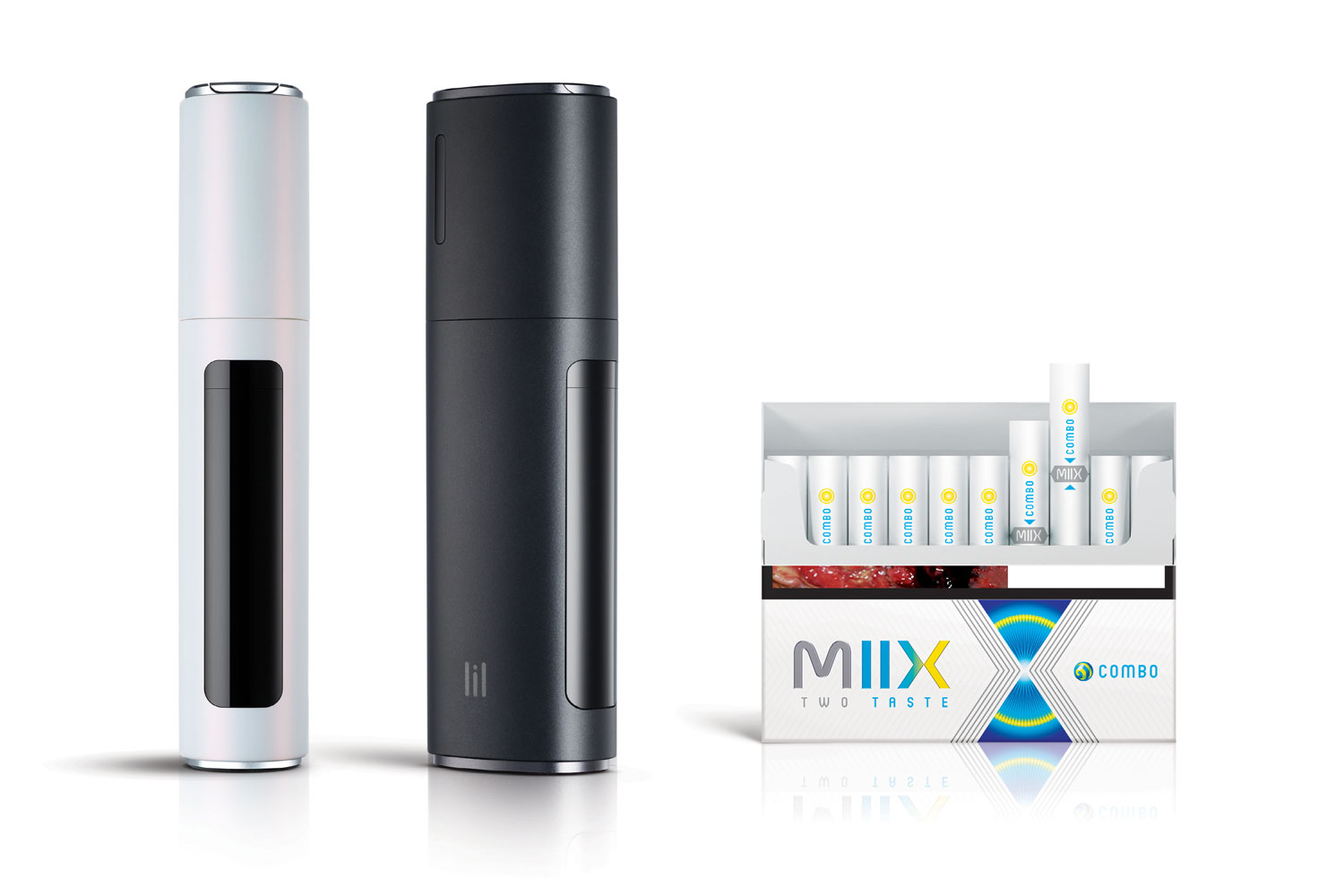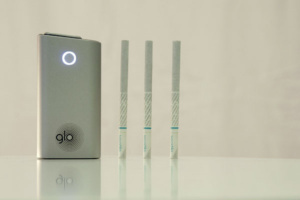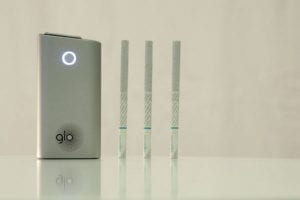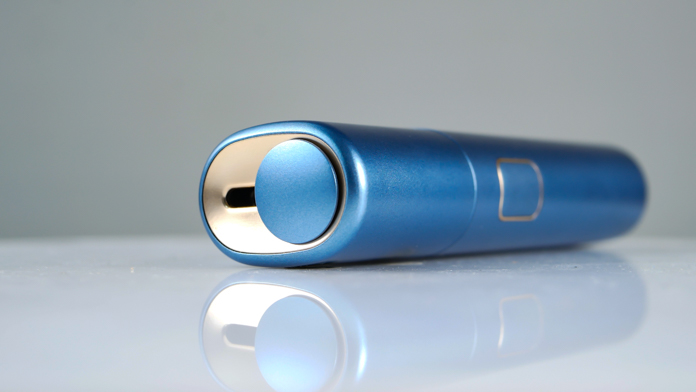Non-combustible products are rising in popularity in South Korea, especially the heated tobacco market. According to the latest government data, 210 million packs of heat-not-burn devices were sold in the first half of 2021, up 16.2 percent from the same period a year earlier.
The category’s share in Korea’s entire tobacco market has also increased to 12.4 percent in 2021 from 2.2 percent in 2017, according to Korea Biz Wire.
The country is a key market for the BAT’s glo device, with its market share growing twofold in the past two years. “Our local share has grown greatly since the launch of our heat-not-burn glo pro in 2019. Glo’s share in the non-combustible tobacco market has doubled from two years ago,” BAT’s Country Manager Kim Eun-ji said at the news conference.
BAT’s share in Korea’s non-combustible tobacco market has grown from 6.04 percent in 2017 to around 12 percent in June 2022, said Kim.
In line with such a trend, BAT, the maker of Dunhill and Lucky Strike cigarettes, has invested over $488 million in Korea, which includes a factory in Sacheon, 440 kilometers south of Seoul, which has served as a core export base of BAT since 2002.
“We are aware that the industry’s position is different from that of the health ministry. If we continue to push with more ‘data-driven’ (ways of) communication, we think it will create momentum (that can push) the government to take a step forward, but it will take time,” Kim said.
BAT is the third-largest player in the Korean market for non-combustible tobacco products. The front-runner is KT&G, which accounts for 47 percent of the local market as of June.
BAT Rothmans, the Korean arm of BAT, also reported Tuesday its tobacco heating device glo can reduce health risks of traditional cigarettes, according to a recent study published in the medical journal “Internal and Emergency Medicine.”
The study compared the health effects of glo against traditional cigarettes among 500 British adults aged between 23 and 55 over a one-year period. Researchers found that aerosol produced from glo had 90 to 95 percent less toxicant compared with smoke from traditional cigarettes.
Toxic compounds produced by burning tobacco were either not detected or significantly reduced through the glo device, the company added. “This real-world study allows us to assess the changes that adult smokers switching exclusively to glo experience. It reinforces glo’s potential as a reduced-risk product,” Sharon Goodall, BAT’s head of regulatory science, said at the news conference.
The study results come amid growing calls from the Korean government to increase regulations on e-cigarettes. In September, the health ministry pointed out that e-cigarette devices should go under tighter regulations, citing a growing number of teenage users of such products in the country.
E-cigarette heating devices, like glo, are categorized as ‘industrial products’ in Korea and are subject to looser regulations compared with cigarettes. “It’s hard to entirely trust a clinical study result unilaterally conducted by the tobacco industry. The World Health Organization has concluded that there’s insufficient evidence to support that e-cigarettes are less harmful than traditional cigarettes,” a health ministry official said. He asked not to be identified, citing the issue’s sensitivity.
